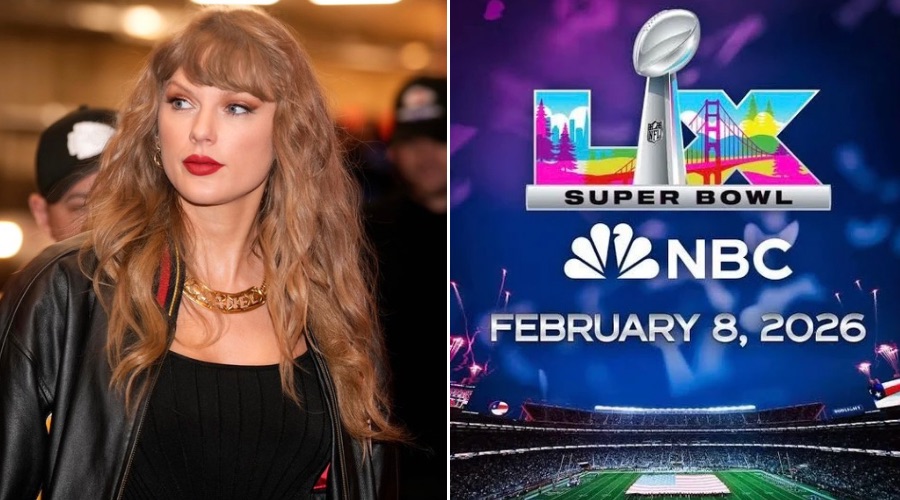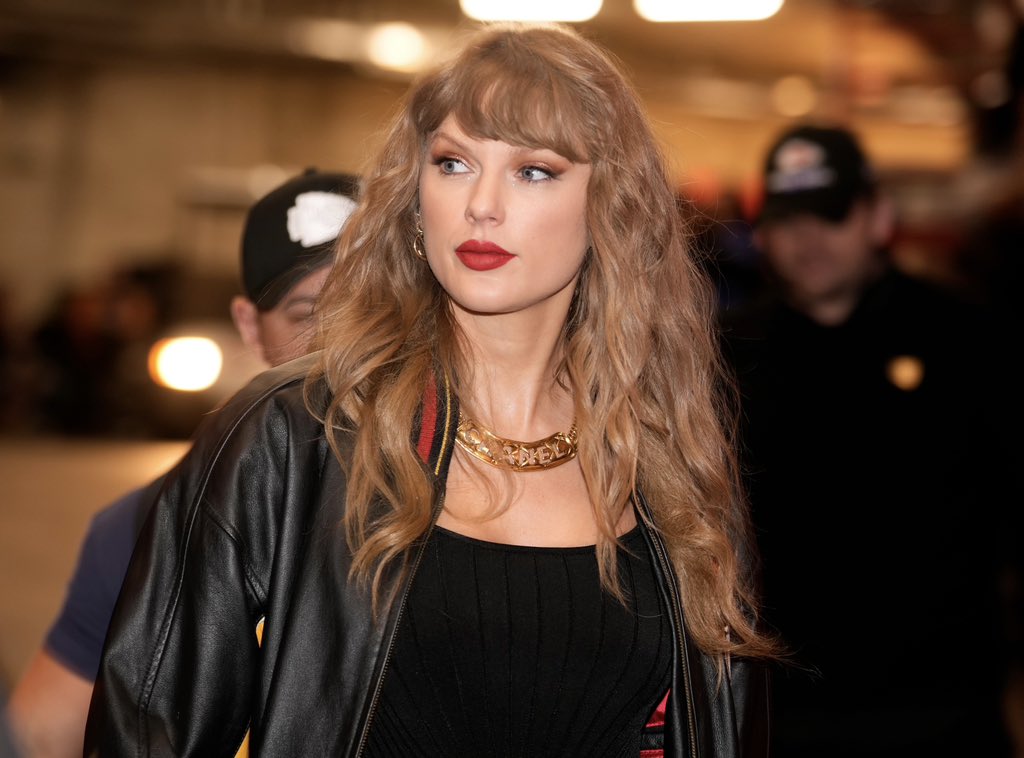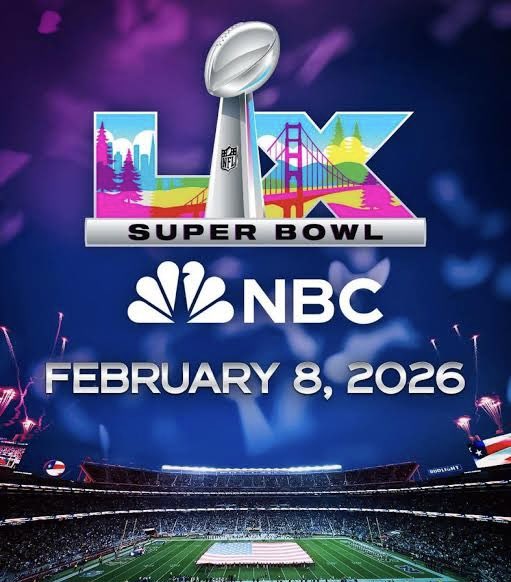CELEBRITY
Taylor Swift DECLINED to perform at the 2026 Super Bowl half-time show because the NFL wouldn’t offer terms that reflected her value, she wanted full ownership of the performance footage and Chiefs to reach Superbowl… Full story

Taylor Swift has reportedly declined the chance to headline the 2026 Super Bowl halftime show after negotiations with the NFL fell apart over terms she felt did not reflect her value. Sources close to the talks revealed that the pop icon pushed for full ownership of her performance footage and a package that matched her stature, but the league was unwilling to bend its long-standing rules. The decision closes the door on what many believed could have been the most-watched halftime show in history, especially with Swift’s global reach and her public connection to Kansas City Chiefs star Travis Kelce.
The sticking point, according to insiders, was Swift’s insistence on retaining creative and commercial control of the performance. For years, she has built her reputation not just as an artist but as a fierce advocate for ownership, famously re-recording her earlier albums to regain control of her masters. For the NFL, giving up rights to the footage of its biggest broadcast of the year was a line too far. The halftime show is typically offered as a prestige stage where artists perform without direct pay, banking instead on the massive exposure. But for Swift, who is already at the peak of global influence, exposure alone was not enough.
This outcome is especially striking given the cultural backdrop. In recent months, NFL commissioner Roger Goodell had hinted that Swift would always be welcome, teasing fans with a “maybe” when asked if she might be the next headliner. Her involvement would have been a historic coup for the league, especially with the Chiefs as a perennial contender and her presence at games drawing new audiences to football broadcasts. In fact, some sources even suggested that Swift wanted Kansas City to reach the Super Bowl if she were to perform, adding another layer of intrigue to the negotiations.
Instead, the NFL has moved forward, reportedly finalizing Bad Bunny as the halftime performer for the Santa Clara showcase. It is a bold choice that signals the league’s desire to tap into global audiences and younger demographics, but it cannot hide the disappointment of missing out on Swift. For fans, the idea of the world’s biggest pop star performing at the world’s biggest game was tantalizing, and the letdown will linger.
For Swift, walking away is consistent with the way she has run her career. She has shown time and again that she will not compromise ownership, even if it means turning down high-profile opportunities. The lesson is simple: she doesn’t need the Super Bowl. If anything, the Super Bowl needs her. The NFL stage may be iconic, but Swift has proven she can fill stadiums across continents and command a cultural moment on her own terms. To her, that power is worth more than even the grandest of television spectacles.
In the end, it is a reminder of how negotiations at the highest level are not just about money or prestige, but about principles. Taylor Swift wanted terms that matched her status, and when they were not met, she walked away without hesitation. For some, that might look like bad luck for the NFL. For others, it is simply the natural result of an artist refusing to be anything less than in full control of her own story.





















